Designing and developing a new website is a lot like driving a new car off the lot. Everything might seem sleek and efficient now, but trust us: maintenance is a necessity, no matter how fancy your current ride might be.
Many small business owners make the mistake of launching a new website – then leaving it to run itself. Unfortunately, that strategy won’t serve them well for long.
Proper website management is an essential part of keeping your online business safe, profitable, and poised for growth. When you overlook maintenance, you risk the chance of your business website becoming stagnant and frustrating for searchers.
At Design Staff, we’ve seen one too many business owners let their website lose its shine. That’s why we created this blog post: to explore several types of website maintenance and explain why they’re all crucial to the success of your company.
1. Regular Content Updates
First things first: you might love your website’s content right now, but that doesn’t mean you can let it languish. Your content strategy needs to evolve and change with your industry, as well as your customers’ preferences and needs.
Making regular website content updates doesn’t just keep your audience engaged – it also helps your site appeal to search engines. Fresh content tells Google and other platforms that your business website is active, relevant, and worthy of a high position in top search results.
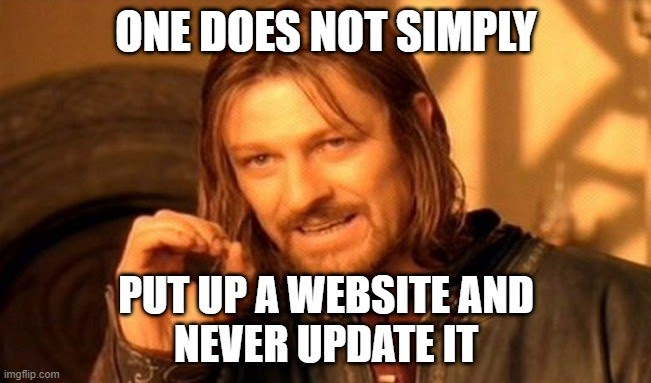
Take a look at your content management system. It should encourage you to regularly update your website’s copy, as well as other content like blog posts and guides. Furthermore, you should have a regular schedule for conducting keyword research and updating content with the “hottest” search terms in your market.
2. Security Patches
Another key aspect of keeping a website up-to-date is performing regular security updates. It doesn’t matter what kind of business website you have – there are security threats out there, and they’re constantly adapting to sneak past your defenses.

The best way to effectively manage website security? Conduct inspections, updates, and patches as necessary. It only takes one vulnerability to weaken your walls, which means this is an element of maintenance that you can’t afford to shirk.
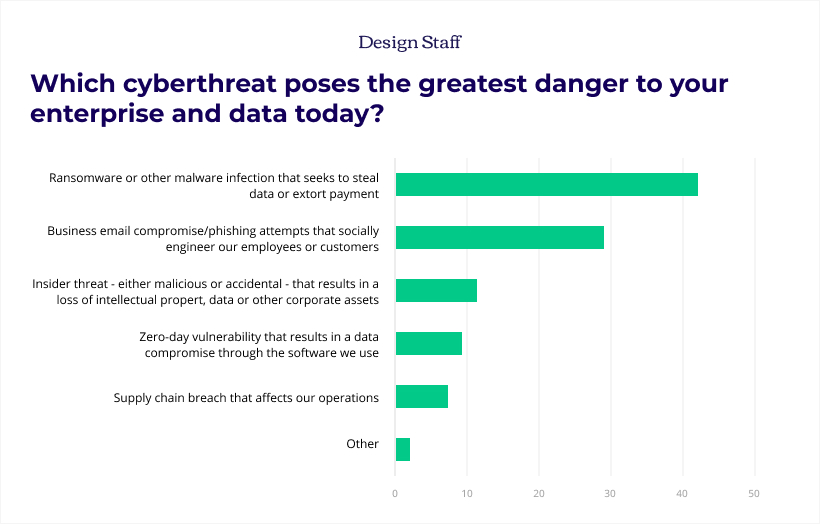
If you ask us, site security is something that belongs in the hands of professionals. There are millions of threats out there, and you likely don’t have the time, knowledge, or resources to stay hyper-vigilant and defensive – but a website maintenance company does.
3. Plugin and Software Updates
Did you know that up to 97% of website security breaches are exploiting WordPress plugins in 2023? That’s why it’s critical that your business stays on top of regular plugin updates as a part of website maintenance.
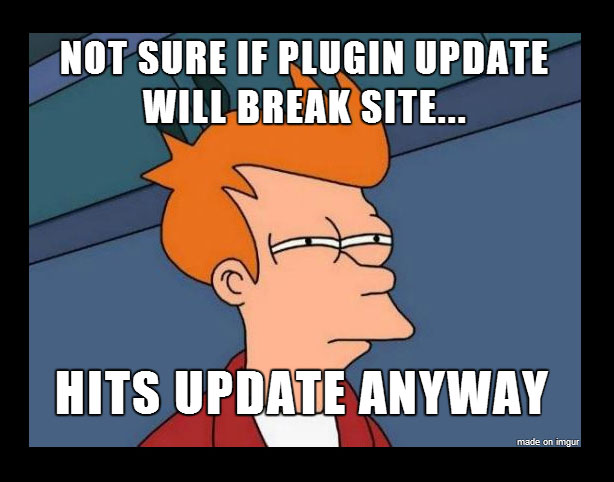
Whether you’re using WordPress or not, keep up with the latest plugin security patches and software updates. The more advanced features you have, the more you’ll need to watch for potential threats, as well as bugs, slowdowns, and glitches.
It doesn’t matter if your plugins are linking to your social media platforms or your newsletter – make sure they’re all kept up to date and protected on a monthly (if not weekly) basis.
4. Fixing Broken or Old Links
Any routine website maintenance plan should account for “link rot.” That’s when your business website is suffering from broken or outdated links, either to external sources or to other pages on your own website.

These bad links aren’t just annoying to your website’s visitors – they also pass some concerning signals to Google and other search engines. If you want to bring in more organic web traffic, you need to ensure all of your links are updated regularly.
Imagine your website as a complex road network. Broken links are like potholes – they’re jarring and frustrating to visitors. If you aren’t going through and checking the quality of your links regularly, you need a maintenance team that can do so for you.
5. Optimizing New Images
Another often-overlooked aspect of regular website maintenance: ensuring your website’s latest graphics and images are properly sized and compressed to prevent loading errors or poor website speed.
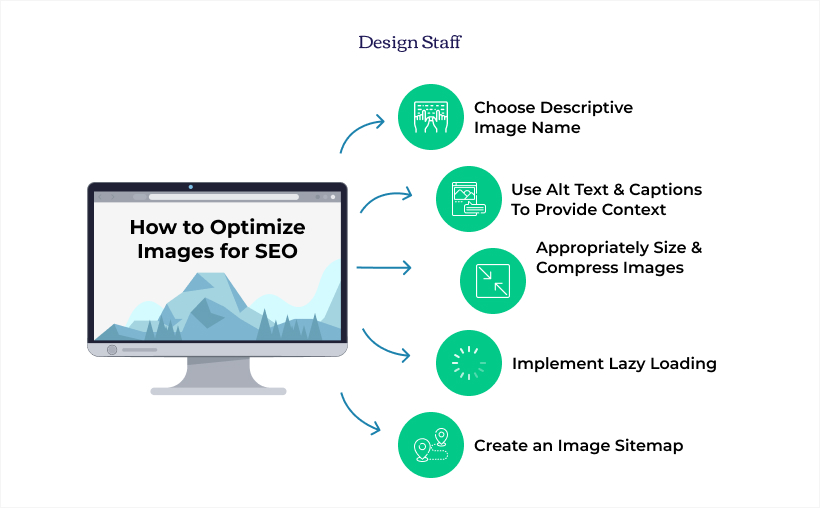
Optimizing your website’s visuals isn’t a one-and-done initiative. As your website grows and adds new content, you’ll need to continuously stay on top of optimization.
Failing to optimize images can lead to frustrated visitors sitting on painfully slow web pages. Additionally, search engines account for ranking factors like page load speed, so if your bulky graphics are slowing things down, you might not be ranking well in organic search results.
6. Backup and Recovery
Any digital agency will tell you that this is a huge part of effective website management. You make backups of your most important business documents – so why wouldn’t you do the same for your business website?
A once-in-a-blue-moon website backup isn’t enough. You need regular backups that ensure you’re covered in the case of any unexpected issue, from a server crash to a malware attack.
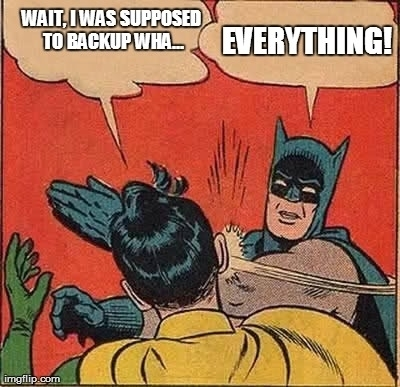
If your backups are frequent and accurate, you should be able to restore your website quickly and painlessly. If they’re not… well, you’re likely looking at missing data, countless hours of work, and lost revenue.
7. Maintaining Mobile Responsiveness
If you’re reading this, there’s a significant chance you’re doing so on a smartphone or a tablet. Every modern business understands that mobile websites are crucial – but many don’t continue to regularly update their mobile sites.

According to Hubspot, at least 59% of shoppers think being able to shop on mobile is important when deciding where to buy. Mobile website shopping increased by a whopping 48% during the COVID-19 pandemic, so if you’re not regularly optimizing every web page, you’re likely missing out on customers.
The most successful eCommerce businesses aren’t just creating mobile websites. They’re continuously monitoring them, making user experience improvements, and ensuring everything is functioning properly.
8. Performance Monitoring
Your site’s performance might be great right now – but will it stay that way? What happens when technical issues arise or certain elements stop working properly?

Those kinds of questions are exactly why website maintenance services are a hot commodity for all kinds of companies. You don’t want to hear when something goes wrong – you want to know about the issue before it arises and jeopardizes the site’s user-friendly interface.
Website performance optimization involves monitoring your small business website for problems, as well as areas that can be improved for engagement and SEO. In many cases, this includes analyzing server response times, page load speeds, and user experiences.
As we’ve hinted at before, you don’t just want to keep your website functioning – you want to ensure it’s doing exactly what it’s designed to do in the best way possible.
Looking for Website Maintenance Support Services?
We get it – business owners are often hard-pressed to find the time and resources to keep up with their websites. That’s why we offer customizable website maintenance service plans for all kinds of companies, including small startups.
At Digital Fresh, we provide truly comprehensive website maintenance services. It doesn’t matter if you need help with your security or your content management system. We’re experts at this, and our talented team covers all of your most critical bases.
You wouldn’t drive a car that hasn’t been inspected or repaired annually – so why would you rely on a website that isn’t well-maintained?
If think it’s time to hire a web developer or maintenance team, let’s talk. We’re here to help you invest in the long-term success of your business, and that includes managing its website.


